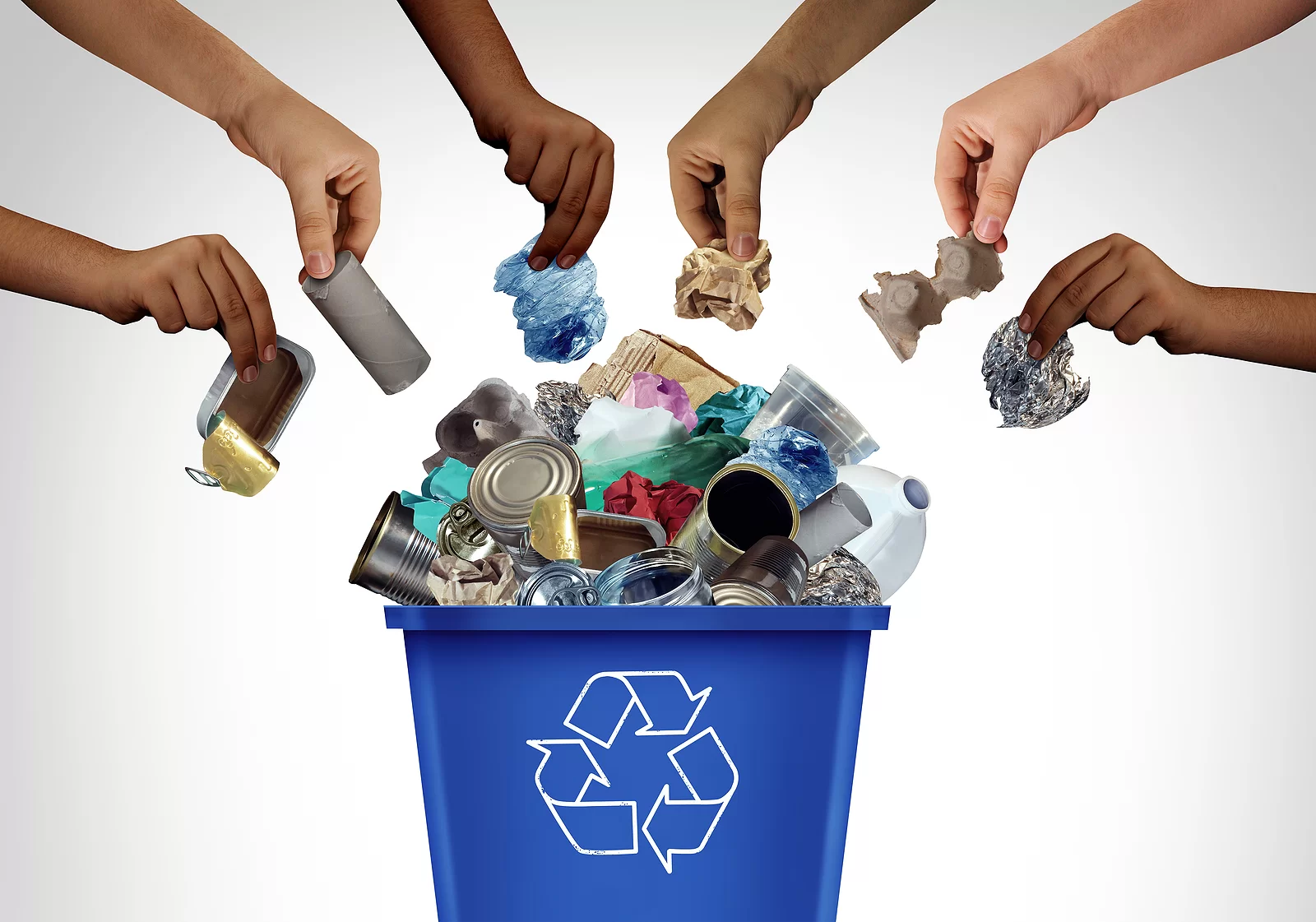A new survey has revealed that the public’s attitude towards recycling and reusing items is very positive. Let’s Recycle reports that the survey, commissioned by FCC Environment, found that 85% of respondents agreed that all household waste recycling centres (HWRCs) should have a charity reuse shop onsite or nearby, a rise of 5% since 2022.
The number of people buying second hand items at least every six months has also risen from 47% to 55%. This is thought to be partly driven by the cost of living crisis as households seek ways to trim their budgets and cut back on unnecessary expenses. The people most likely to make purchases from reuse shops were those with children under the age of five.
Steve Longdon, chief executive of FCC Environment, said: “It is heartening to see that the appetite for reuse has taken hold, and the second-hand and repair mentality is gaining in popularity amongst the public. People, or at least 90 percent of them, are keen to give good quality items a new life, which is just proven by our research.”
Mr Longdon added: “We’re really proud of the work we do at our reuse shops to not only contribute to the local community by raising funds for local charities but also by encouraging the development of a circular economy. Reuse is also a win for the environment and a win for the public, everyone’s a winner!”
90% of respondents agreed that broken items should be repaired rather than replaced wherever possible. During the summer, the UK government announced plans to drive up the rate of repair and reuse of existing materials in an effort to slow the use of new resources.
The plans, titled ‘Maximising Resources, Minimising Waste’, comprise various measures that are backed by government funding. They include scrapping fees for households to have bulky domestic furniture collected by retailers, cutting back on textile waste, and putting more robust measures in place for the recycling of small electrical items.
Environment Minister Rebecca Pow said: “We mean business when it comes to preventing waste. We’re targeting the sectors responsible for the biggest impacts on the environment, and working with business to take the right steps for better use of our precious resources.”
Harriet Lamb, WRAP CEO, said: “Nearly half of all greenhouse gases come from our own ‘consumption’ – what you and I do every day, how we shop and what we buy. Tackling these emissions from food to clothes, packaging to electronics and more is imperative if we’re to have any chance of limiting the crisis of our changing climate.”
“Increasing repair and reuse is key to supporting the move towards more circular living which many people and community groups are embracing and WRAP welcomes more support for such initiatives.”
The government has set a target to recycle 65% of all household waste by 2035, and to eliminate all avoidable waste, including food and drink, by 2050.
If you are looking for conveyor belt skirting, please get in touch today.





